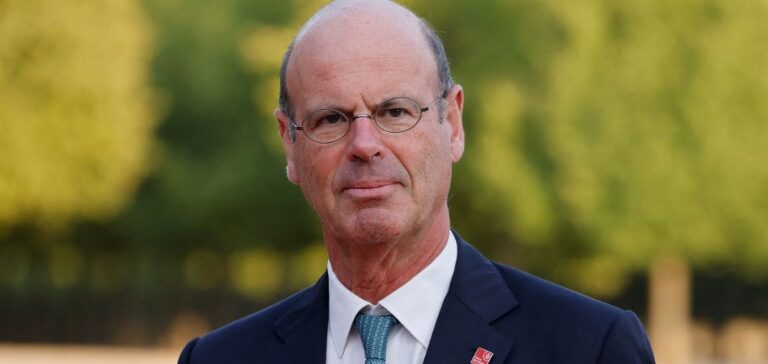The European Commission’s proposals to ease businesses’ societal and climate-related obligations were welcomed by French Minister of the Economy Eric Lombard on Thursday. However, he clarified that these proposals must be “adjusted to better take into account international competition.” According to Mr. Lombard, these proposals represent a first step towards simplifying regulations, but it remains necessary to consider global economic challenges.
Proposals for simplification, but a need for adaptation
In his statement, Eric Lombard stressed that the European Union must “simplify businesses’ lives without abandoning our goals regarding transition and sustainability.” While the Commission’s proposals were seen as positive, they must, according to him, be revised to better align with global competitive realities, particularly in light of the United States and China.
He added that the adjustment of the measures should involve simplifying the indicators and reducing their number. This would especially benefit small and medium-sized enterprises (SMEs), allowing them to unleash their growth potential. “Let’s keep it simple, let’s make it better, and let’s do it now,” he concluded.
Reducing the bureaucratic burden for large businesses
The Brussels proposals also aim to ease certain obligations for large businesses, particularly by reducing the number of companies subject to “green accounting” requirements. This revision also affects the due diligence obligations placed on industrialists. The Commission’s proposals include the possibility of extending the free CO2 quota allocation, a measure that could relieve businesses in the context of ecological transition.
Reactions from business organisations
Medef, Afep (Association Française des Entreprises Privées), and France Industrie issued a joint statement in which they argued that the European Commission’s proposals still fail to address the competitiveness needs of businesses. According to the three organisations, although some measures are positive, they do not sufficiently address the bureaucratic burden on companies with over 1,000 employees. The business organisations are calling for a more targeted sustainability “reporting” system, focusing on effective, shared, and highly strategic indicators.
International competition at the heart of concerns
Fabrice Le Saché, Vice-President of Medef, emphasized that the Brussels proposals are “insufficient to restore our competitiveness,” especially in an international context where the United States has accelerated its climate strategy and where Chinese overcapacity presents a major competitive challenge. Business organisations are insisting on the need for resolute action to strengthen competitiveness while continuing the ecological transition in Europe.






















